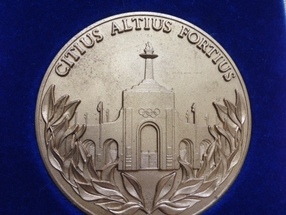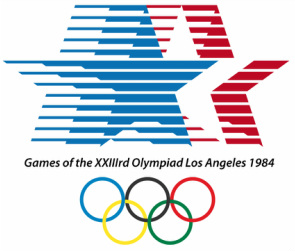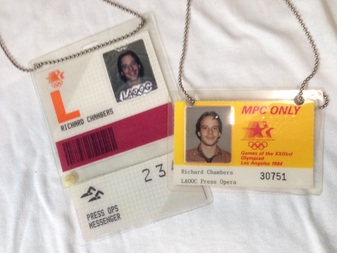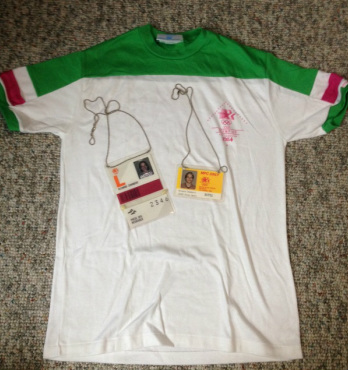 Image: artur84/freedigitalphotos.net
Image: artur84/freedigitalphotos.net My howl of anguish could be heard for miles.
Granted, the speaker was not a PR pro, so a statement like this is an opportunity to educate. But I find it unsettling to think such education is still needed.
So let me say it once more: Public relations has nothing to do with spin. Indeed, spin has a synonym; that word is “lying.”
How depressing that the public relations field can’t seem to scrape this dirt from its boots. Every ethical professional eschews the term—and the behavior it conjures—yet it continues to dog their heels.
Sadly, there are the occasional PR practitioners who earn the unfortunate moniker “spin doctors,” individuals who are quick to twist facts, or even create them, to achieve their ends. In a 2011 article on PR ethics for the Institute for Public Relations, Jennifer Moyer asks a difficult question: “Is ethical public relations even possible? Are public relations professionals really ‘the invisible men who control our political debates and public opinion, twisting reality and protecting the powerful from scrutiny…’?”
Is ethical PR possible? I firmly believe the answer is “yes.” Not only is it possible, it's crucial. But it hinges on an unswerving commitment, both collectively and individually, to honesty, integrity and respect.
At RC&A, we’ve set forth our values, summarized in six words: “Act justly. Love mercy. Walk humbly.” Meeting that standard means rejecting anything that has to do with spin.
Incidentally, I searched “spin” on Wikipedia and found an entry devoted entirely to the term’s connotations within PR. Quite rightly, most references are not complimentary: “…disingenuous, deceptive and/or highly manipulative tactics.”
I was glad to see spin called what it really is. Even so, the fact that there’s a Wikipedia entry joining these two topics means the public relations field has much work to do.













 RSS Feed
RSS Feed
